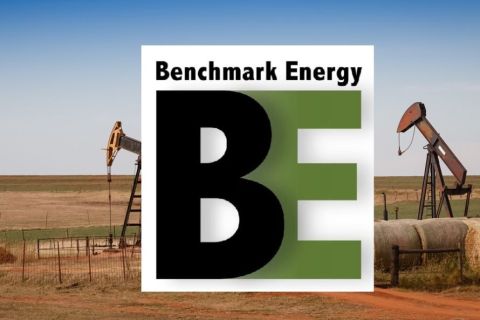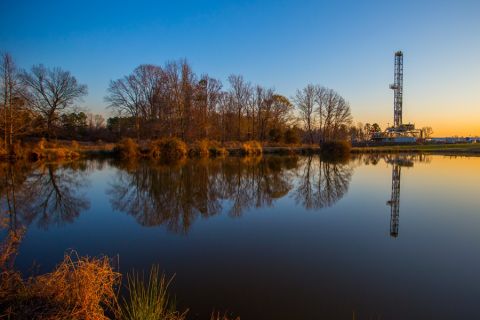Egypt’s Baltim South West offshore gas field backed by BP and Eni has started production of 100 million cubic feet of gas a day (MMcf/d), the oil ministry said on Sept. 17.
Output will rise to 500 MMcf/d by second-quarter 2020 when five wells are expected to be online, the oil ministry said in a statement.
The Nile Delta field holds a potential 1 trillion cubic feet (Tcf) of gas, Eni has said. The potential of the wider Great Nooros area is about 3 Tcf, according to Eni.
BP and Eni, through its subsidiary IEOC, each hold a 50% stake in the license for Baltim South.
It is operated by Petrobel, a joint venture between IEOC and an Egyptian state energy firm.
Eni also discovered Egypt’s giant offshore Zohr gas field, the largest in the Mediterranean, which is producing 2.7 billion cubic feet of gas daily and has helped attract wider investor interest in Egypt’s gas market in recent years.
Recommended Reading
Benchmark Closes Anadarko Deal, Hunts for More M&A
2024-04-17 - Benchmark Energy II closed a $145 million acquisition of western Anadarko Basin assets—and the company is hunting for more low-decline, mature assets to acquire.
‘Monster’ Gas: Aethon’s 16,000-foot Dive in Haynesville West
2024-04-09 - Aethon Energy’s COO described challenges in the far western Haynesville stepout, while other operators opened their books on the latest in the legacy Haynesville at Hart Energy’s DUG GAS+ Conference and Expo in Shreveport, Louisiana.
Mighty Midland Still Beckons Dealmakers
2024-04-05 - The Midland Basin is the center of U.S. oil drilling activity. But only those with the biggest balance sheets can afford to buy in the basin's core, following a historic consolidation trend.
Mesa III Reloads in Haynesville with Mineral, Royalty Acquisition
2024-04-03 - After Mesa II sold its Haynesville Shale portfolio to Franco-Nevada for $125 million late last year, Mesa Royalties III is jumping back into Louisiana and East Texas, as well as the Permian Basin.




